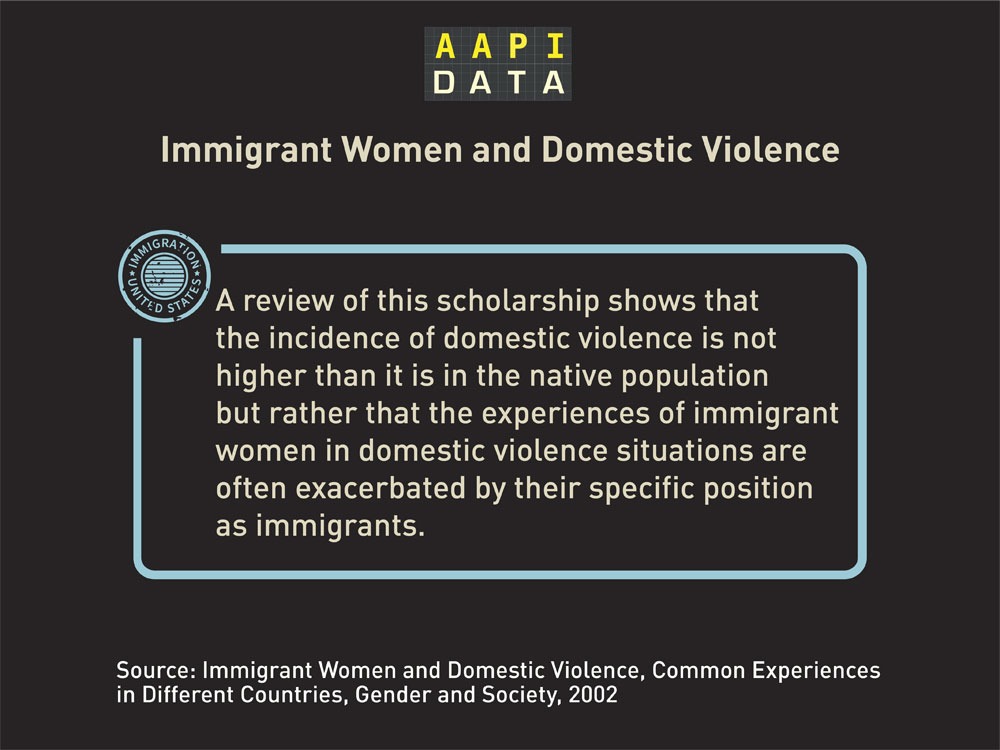
May 30, 2019; Brookings Institution
The radio is full of stories of women made refugees by domestic violence. Though there are laws in place to protect spouses and children who suffered abuse at the hands of family, immigration enforcement systems have made that relief moot for many women.
In 2002, the Homeland Security Act established the new Department of Homeland Security and with it, three new agencies: Citizenship and Immigration Services (CIS), Customs and Border Protection (CBP), and Immigration and Customs Enforcement (ICE). These three agencies have, for the past 17 years, administered current immigration law enforcement. Revisiting these agencies in the context of the changes in this country since then show a need for change.
Researchers have found the field of domestic violence has felt the impact of immigration laws—particularly in how they are enforced. Under the Violence Against Women Act (VAWA), immigrant women can apply for legal permanent resident status if they or their children qualify as battered. What this research found is that more and more women have stopped seeking this status as enforcement has tightened and increased.
Sign up for our free newsletters
Subscribe to NPQ's newsletters to have our top stories delivered directly to your inbox.
By signing up, you agree to our privacy policy and terms of use, and to receive messages from NPQ and our partners.
The study authors, Catalina Amuedo-Dorantes and Esther Arenas-Arroyo, find that the reduction in self-petitioning is driven by fear that the self-petitioners may be deported themselves or have their existing status jeopardized in this new era of increased immigration law enforcement. In effect, victims of domestic violence are fearful of speaking up or seeking relief from their abusers; they are condemned to endure their abuse for fear of deportation or detention under increased immigration enforcement activities in the US.
Amuedo-Dorantes and Arenas-Arroyo were aware that a reduction in the overall rate of domestic abuse might account for their data, so they took care to examine this aspect of their data and overall domestic abuse data. Even under this scrutiny, their premise held up. They were able to connect the reduction in applications for legal permanent status to fear of deportation or detention, and not to a change in the women’s domestic abuse situations. According to the authors, “Changes in official policy reducing the protection from deportation for individuals facing domestic violence, announced in June 2018, can only serve to worsen these outcomes.”
There are so many urgent needs for comprehensive immigration reform: economic needs, security needs, and humanitarian needs. When women tolerate domestic abuse for fear of reprisal at the hands of government agencies when safe options are available, the time for reform is past due. Is anyone paying attention?—Carole Levine











